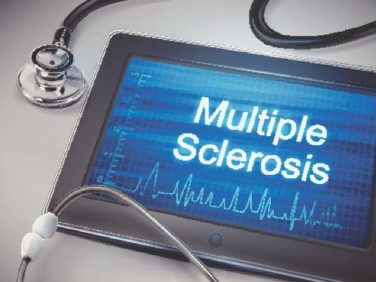FROM JAMA
Patient adherence to dabigatran therapy varied enormously in a nationwide study of pharmacy data, and three factors were identified that markedly enhanced adherence, according to a report published online April 14 in JAMA.
After research suggested that adherence to dabigatran was suboptimal among patients taking the drug for nonvalvular atrial fibrillation, investigators explored variations in adherence across thousands of sites using a Veterans Health Administration pharmacy database. They found that among 4,863 patients filling dabigatran prescriptions at 67 pharmacies during a 2-year period, adherence ranged from a low of 42% to a high of 93%, said Dr. Supriya Shore, a cardiology fellow at Emory University, Atlanta, and her associates.
The single most important factor that influenced dabigatran adherence was appropriate patient selection before dispensing the drug. This was defined as the pharmacist assessing the indication for treatment and ruling out contraindications after the physician ordered the prescription, as well as checking the patient’s adherence to other medications. Pharmacist monitoring of dabigatran use and adverse events, either alone or in collaboration with the treating clinician, also boosted adherence.
In addition, pharmacists working with clinicians to identify and address nonadherence also enhanced patient adherence. Prescribing physicians may not be able to routinely monitor adherence because of their large workload and limited time during clinic visits. Having a pharmacist do so mitigated patients’ tendency to stop taking the drug when minor adverse effects developed, the investigators reported (JAMA 2015 April 14 [ doi:101001/jama.2015.2761 ]).
“These findings suggest that such site-level practices provide modifiable targets to improve patient adherence to dabigatran, as opposed to patient characteristics that frequently cannot be modified,” Dr. Shore and her associates wrote.
This study was funded in part by VA Health Services Research & Development, an American Heart Association National Scientist Development Grant, and a Gilead Sciences Cardiovascular Research Scholars Program award. Dr. Shore reported having no financial disclosures; one of her associates reported serving as a consultant to Precision Health Economics, Medtronic, and St. Jude Medical.
cardnews@frontlinemedcom.com



